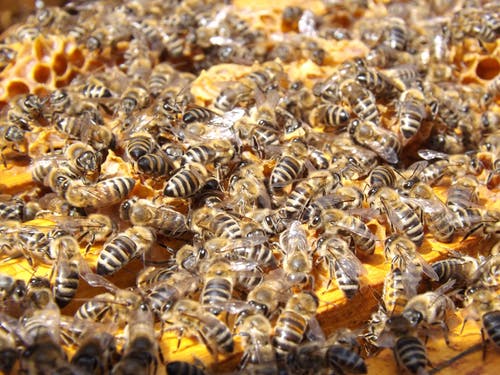Have you ever asked a newly retired person what they are doing with all their free time in retirement? A common proud answer is that they are very busy, in fact so busy that they do not know how they ever had time to work before.
If you ask for more details, they may describe their days filled with leisure such as visiting friends and family, cultural events, and travel. They may help their children take care of their grandchildren. They may participate in or observe sports.
Leisure used to mean relaxing. Now it means filling your time with activities.
Early in retirement there can be a frantic component to all of this – rushing to different activities before it is too late, because ill health could prevent you from doing what you want to do later on. Even if you are exhausted, there is always television to fill your time.
Not having enough to do in retirement can be a problem for some people. But so too can being too busy – having too much of a good thing.
Too busy may mean that you are over-committed and over-stressed. Here are some of the symptoms:
- there is never enough time to get through your daily tasks, much less for having fun
- you are always behind schedule
- you dread getting up in the morning because you know that you have too much to do
- you are exhausted all the time, even when you awaken
- you eat meals when phoning or doing other activities – that is the only time you have
- you feel like you’re always racing – even though you are retired
- friends and family have given up on you because they know you have no time for them
The antidote is carving out some time for actions that may relieve your stress and improve your mind and health at the same time. These include moderate exercise; meditation and spiritual exercise including prayer; journaling; helping other people; reading a good book; and listening to great music.
Bakeries can have delicious pastries, but eating too many will make you sick. Being busy can be great. But too much is not fun and not healthy.

